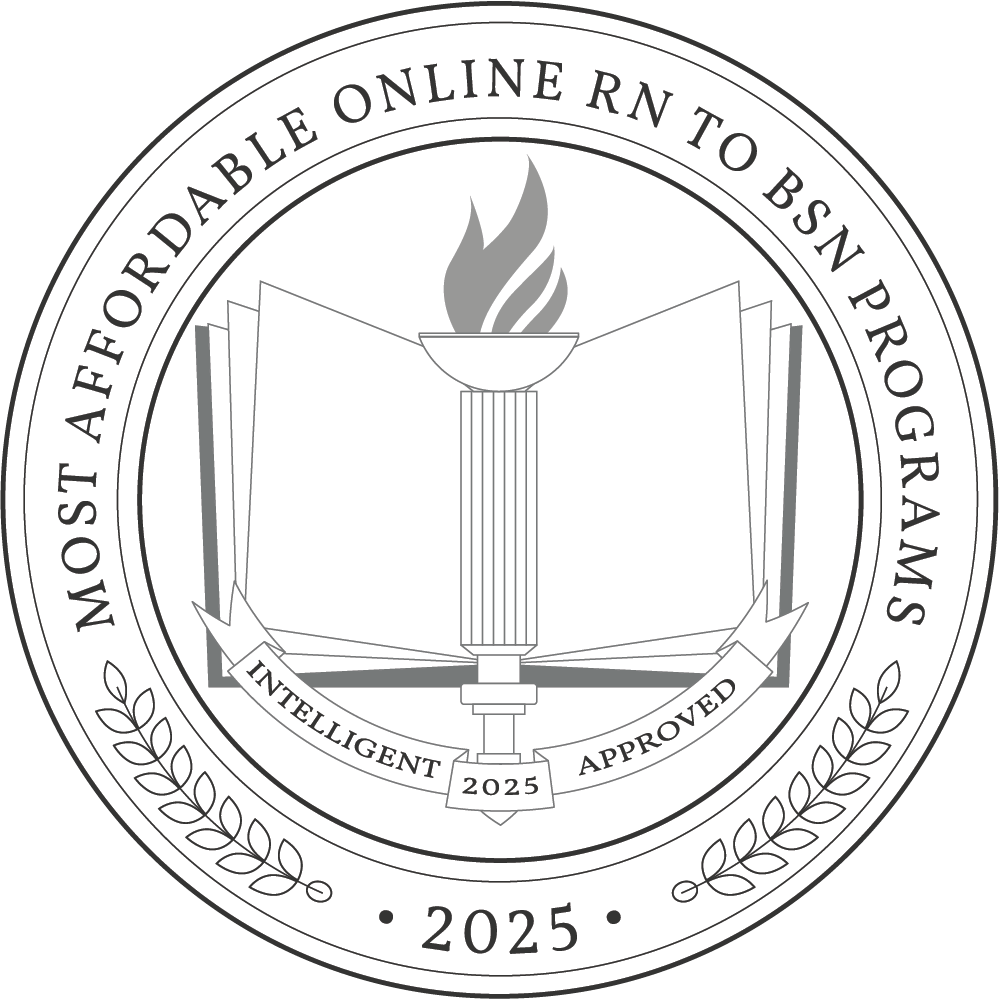Although an associate degree or diploma can be a great starting place for a registered nurse (RN) career, many students continue their education with a Bachelor of Science in Nursing (BSN) to prepare them for more advanced clinical and leadership roles.
There are many factors to consider when choosing an online RN-to-BSN degree, including its affordability. While the average salary for an RN with a BSN is $77,080, compared to $61,671 for an RN with an associate degree in nursing (ADN), students must still be sure they can afford their tuition and repayment of any loans they may borrow to pay for their BSN.
This article includes Intelligent.com’s picks for the most affordable online RN-to-BSN degree programs, guidance on breaking down college costs, understanding how tuition works, and choosing the affordable online RN-to-BSN that’s right for you.
Why Trust Us
The Intelligent.com Higher Education Team is dedicated to providing students with independent, equitable school and program rankings and well-researched resources. Our expert-driven articles cover topics related to online colleges and programs, paying for school, and career outlooks. We use data from the U.S. Department of Education’s College Scorecard, the National Center for Education Statistics, and other reputable educational and professional organizations. Our academic advisory team reviews content and verifies accuracy throughout the year for the most current information. Partnerships do not influence rankings or editorial decisions.
- Analyzed over 2,000 national, accredited, and nonprofit colleges and universities
- 800+ rankings pages are reviewed and updated yearly
- Content is informed by reputable sources, surveys, and interviews with academic advisors and other experts
- Over 100 data points are reviewed for accuracy and quality throughout the year, including sources
How we rank schools
Our list features the best Affordable Online RN to BSN degree programs at top colleges nationwide. Each school featured is a nonprofit, accredited institution — either public or private — with a high standard of academic quality for post-secondary institutions.
We evaluated each school’s program on tuition costs, admission, retention and graduation rates, faculty, reputation, and the student resources provided for online students. We collected data from trusted sources like the National Center for Education Statistics, individual school and program websites, school admissions counselors, and other data sources. Then, we calculated the Intelligent Score on a scale of 0 to 100 based on the following criterion:
Academic Quality:
- Admission rate versus enrollment rate
- Retention rate of students who return after year one
- Accreditation status (regional and programmatic)
- Nonprofit status, both private and public institutions
Graduation Rate
- Overall graduation rate
- Total number of currently enrolled students, including diversity metrics
- Student-to-faculty ratio
Cost and ROI
- In-state and out-of-state per-credit tuition rates and fees
- Required credits to graduate
- Earning potential after graduation
- Availability of federal student loans, scholarships, and other financial aid options
Student Resources
- Available student services for online-only and hybrid programs
- On-campus amenities like tutoring centers and the number of libraries
Read more about our ranking methodology.
Most Affordable 47 Online RN-to-BSN Programs
FiltersInstitution Type
Status
- Intelligent Score
- Alphabetically By University Name
- Acceptance Rate
- Enrollment
- In-state Graduate Tuition
- Out-of-state Graduate Tuition
- In-state Undergraduate Tuition
- Out-of-state Undergraduate Tuition
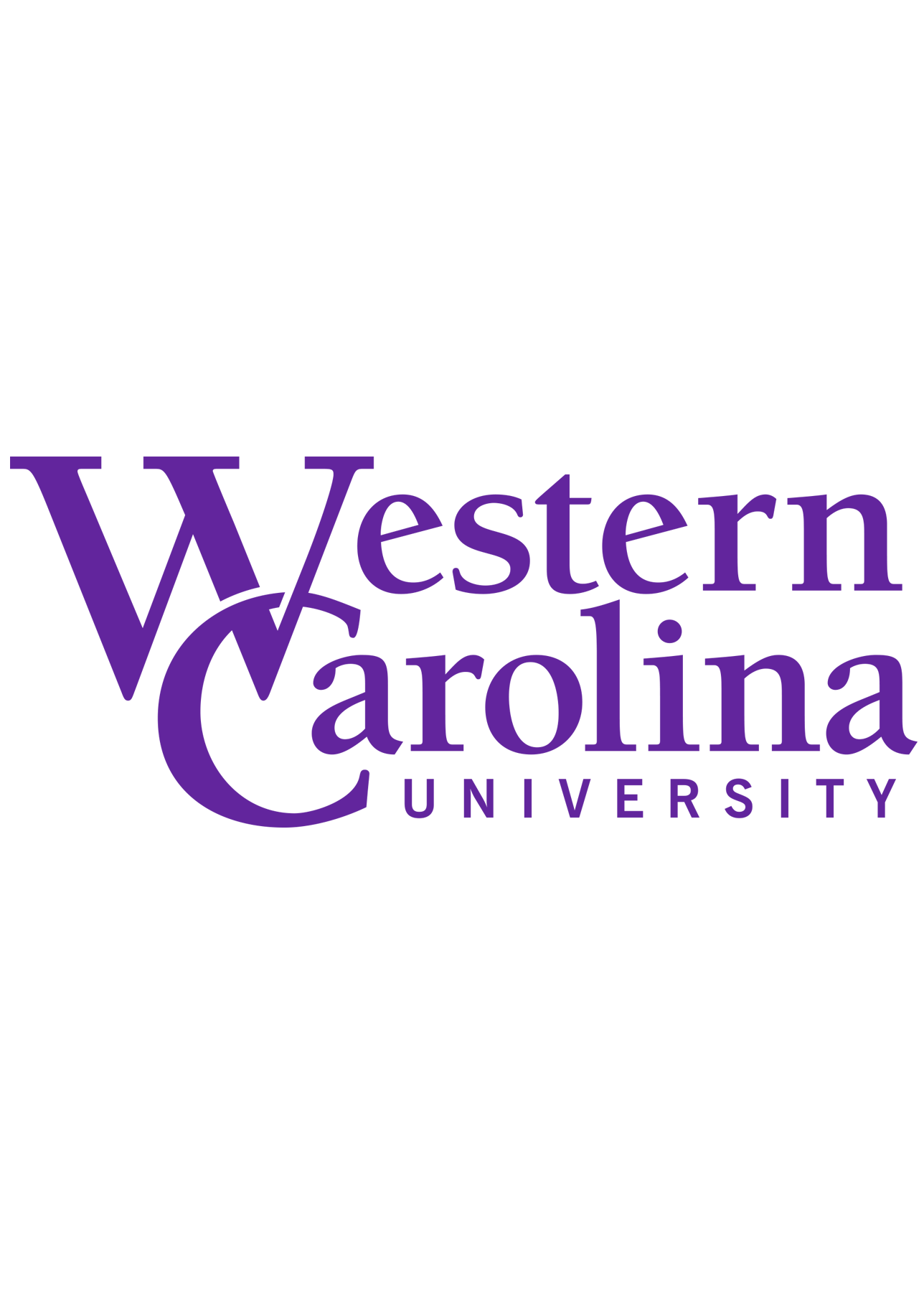
Western Carolina University
Intelligent Score: 99.08In-state: $1,000
Out-of-state: $5,000
In-state: $4,435
Out-of-state: $4,435
SAT: 1020-1220
ACT: 20-25
In-State: $65
Out-of-State: $232
Online
Commission on Collegiate Nursing Education,
120

Fayetteville State University
Intelligent Score: 97.51In-state: $2,982
Out-of-state: $14,590
In-state: $3,438
Out-of-state: $3,438
SAT: 840-1000
ACT: 16-20
In-State: $42
Out-of-State: $104 - $208
Online, On Campus
Commission on Collegiate Nursing Education,
120

University of Florida
Intelligent Score: 97.35In-state: $4,477
Out-of-state: $25,694
In-state: $10,770
Out-of-state: $10,770
SAT: 1290-1460
ACT: 29-33
In-State: $111
Out-of-State: $500
Online
Commission on Collegiate Nursing Education,
121
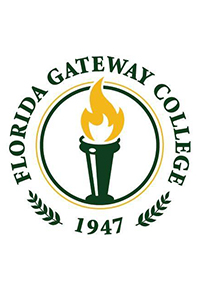
Florida Gateway College
Intelligent Score: 97.33In-state: $22,670
Out-of-state: $32,583
In-state: NA
Out-of-state: NA
SAT: N/A
ACT: N/A
$230
Online
Commission on Collegiate Nursing Education,
121
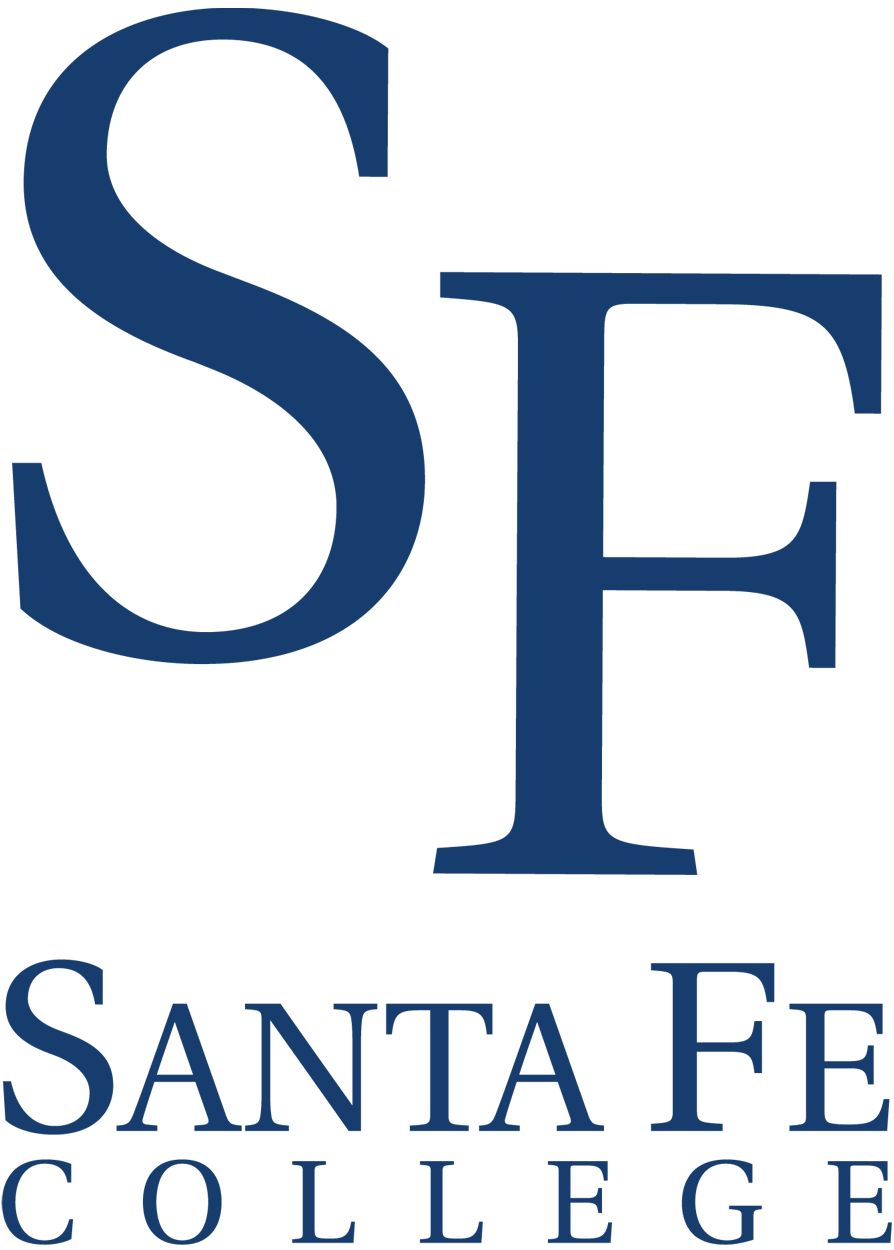
Santa Fe College
Intelligent Score: 96.97In-state: $17,305
Out-of-state: $23,931
In-state: NA
Out-of-state: NA
SAT: N/A
ACT: 17 or higher
In-State: $126
Out-of-State: $429
Online
Commission on Collegiate Nursing Education,
120
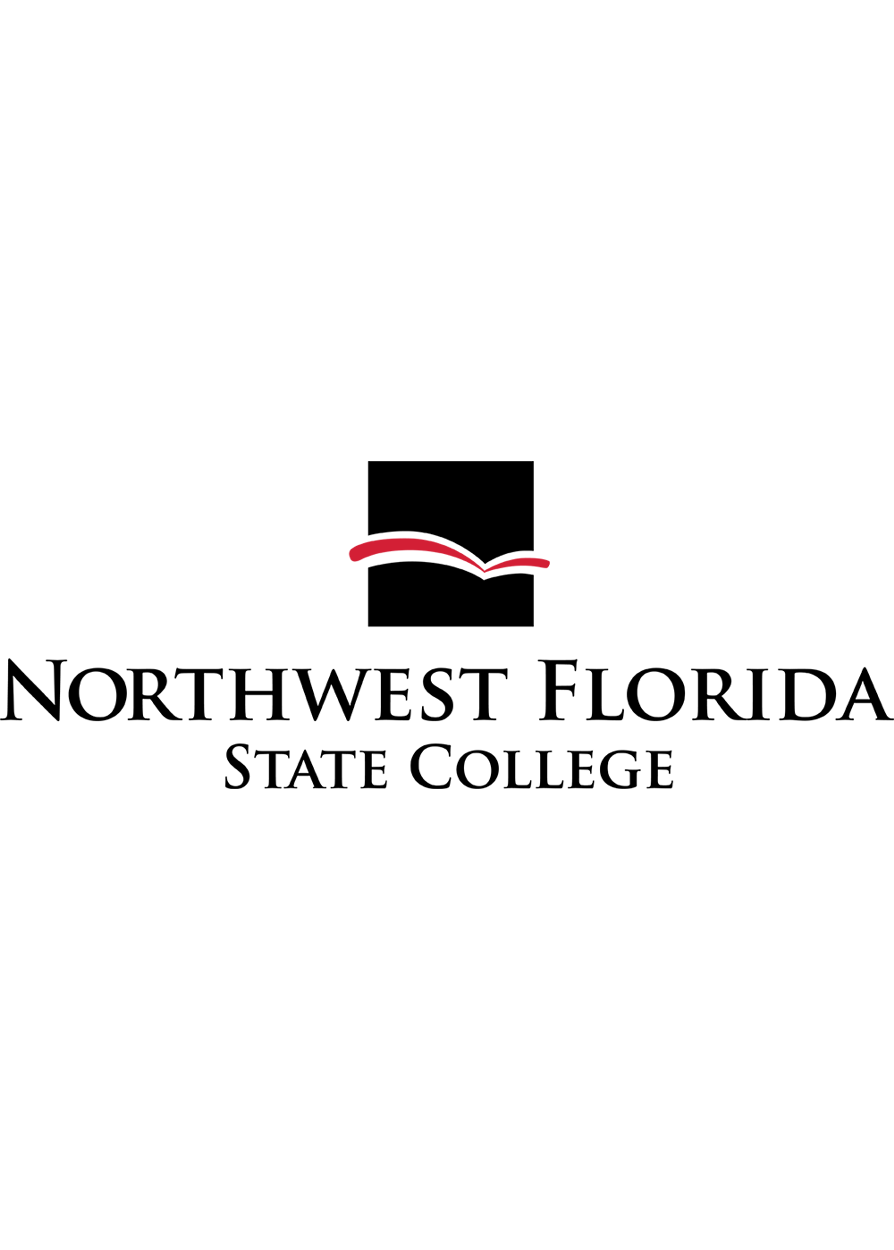
Northwest Florida State College
Intelligent Score: 96.69In-state: $18,632
Out-of-state: $28,482
In-state: NA
Out-of-state: NA
SAT: NA
ACT: NA
$92
Online
Commission on Collegiate Nursing Education,
120
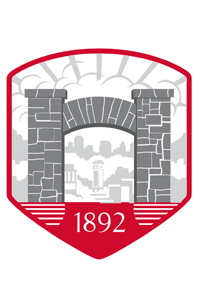
Winston-Salem State University
Intelligent Score: 96.28In-state: $20,406
Out-of-state: $31,062
In-state: $20,877
Out-of-state: $20,877
SAT: 880-1040
ACT: 15-19
In-State: $114
Out-of-State: $474
Online
Commission on Collegiate Nursing Education,
128
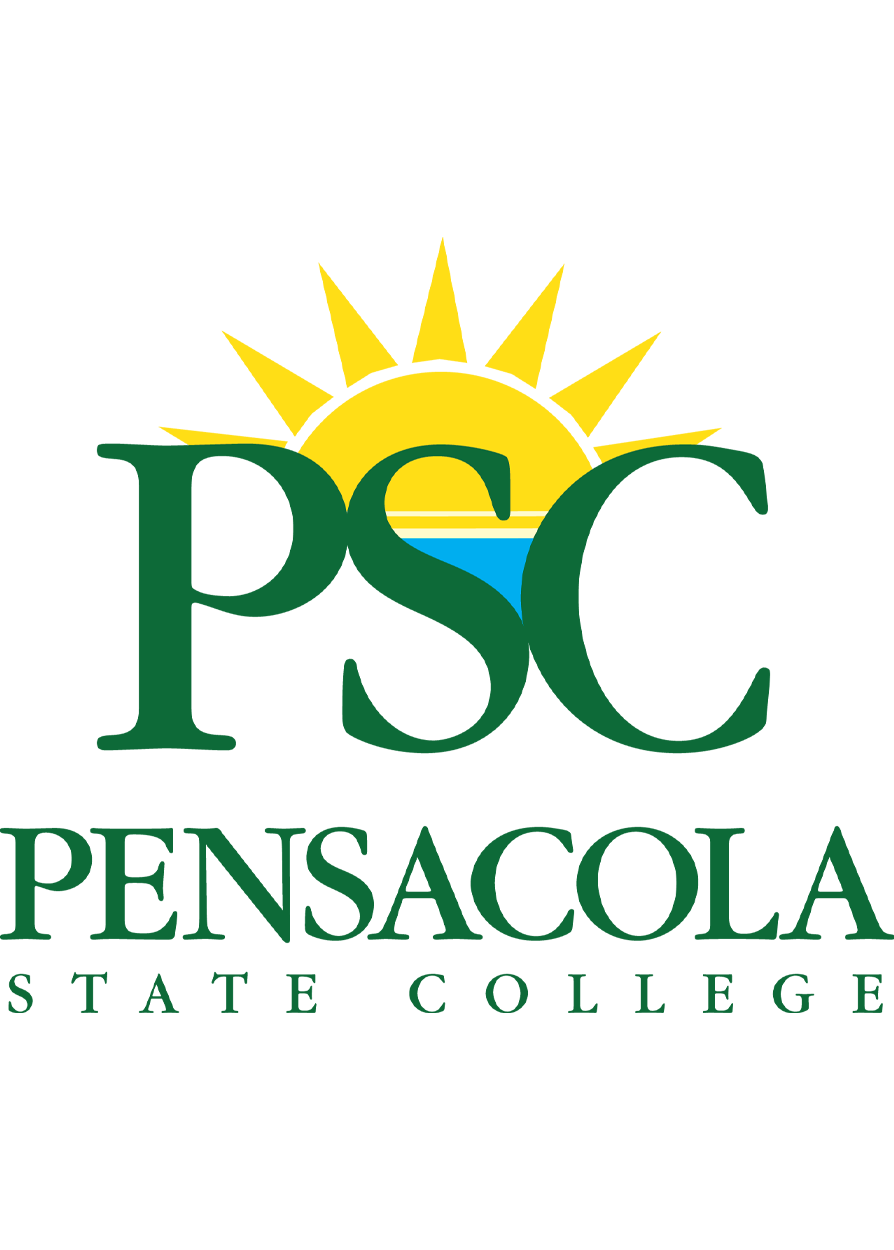
Pensacola State College
Intelligent Score: 95.72In-state: $15,901
Out-of-state: $23,011
In-state: NA
Out-of-state: NA
SAT: N/A
ACT: N/A
$91
Online
Commission on Collegiate Nursing Education,
120
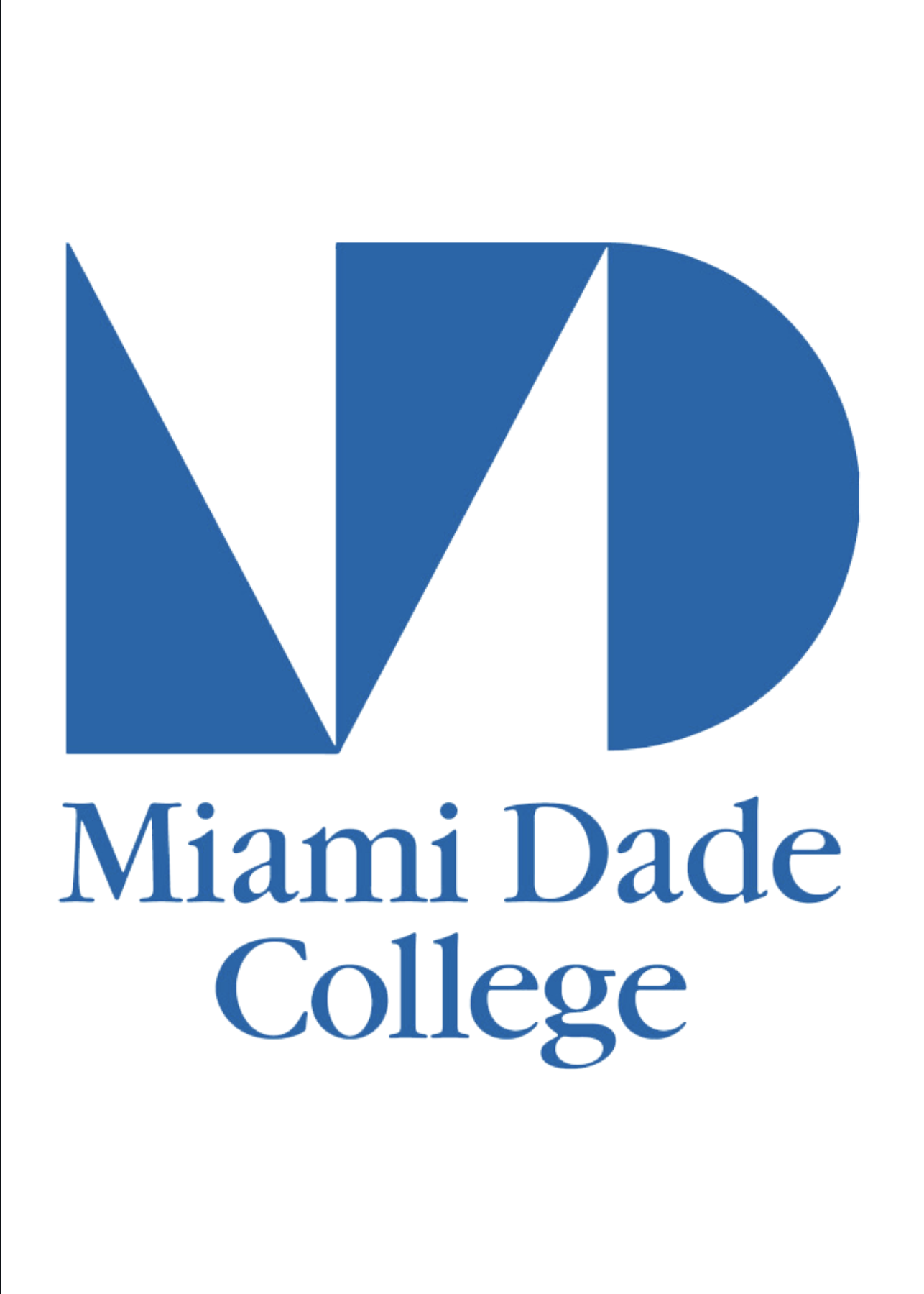
Miami Dade College
Intelligent Score: 95.51In-state: NA
Out-of-state: NA
In-state: NA
Out-of-state: NA
SAT: N/A
ACT: N/A
In-State: $91
Out-of-State: $448
Online, Hybrid
Commission on Collegiate Nursing Education,
125
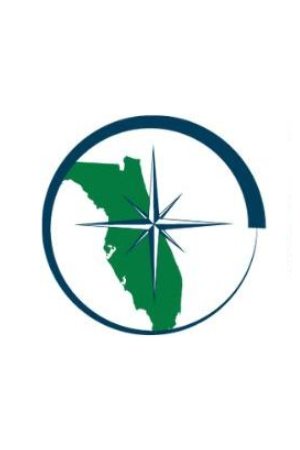
Eastern Florida State College
Intelligent Score: 95.48In-state: $17,948
Out-of-state: $25,191
In-state: NA
Out-of-state: NA
SAT: Not Required
ACT: Not Required
Resdient: $128
Non-Resident: $508
Online
Commission on Collegiate Nursing Education,
120

Georgia Southwestern State University
Intelligent Score: 95.14In-state: $4,064
Out-of-state: $14,786
In-state: $3,492
Out-of-state: $3,492
SAT: 940-1110
ACT: 19-22
$169
Online
Commission on Collegiate Nursing Education,
120
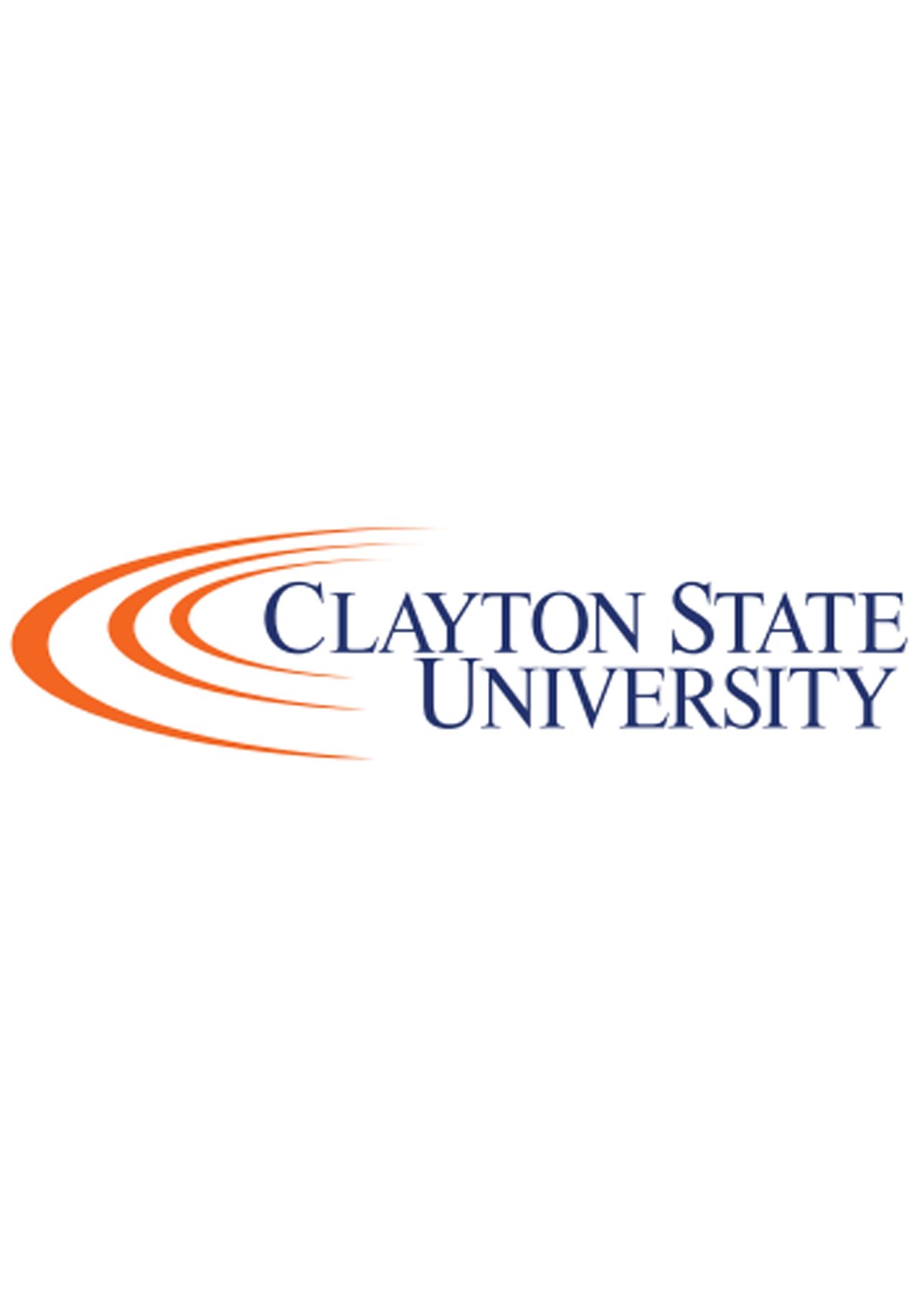
Clayton State University
Intelligent Score: 94.87In-state: $4,064
Out-of-state: $14,786
In-state: $5,760
Out-of-state: $5,760
SAT: N/A
ACT: N/A
$169
Online
Commission on Collegiate Nursing Education,
120

University of Central Florida
Intelligent Score: 93.25In-state: $4,478
Out-of-state: $19,810
In-state: $6,916
Out-of-state: $6,916
SAT: 1160-1340
ACT: 25-30
In-State: $179
Out-of-State: $715
Online
Commission on Collegiate Nursing Education,
120
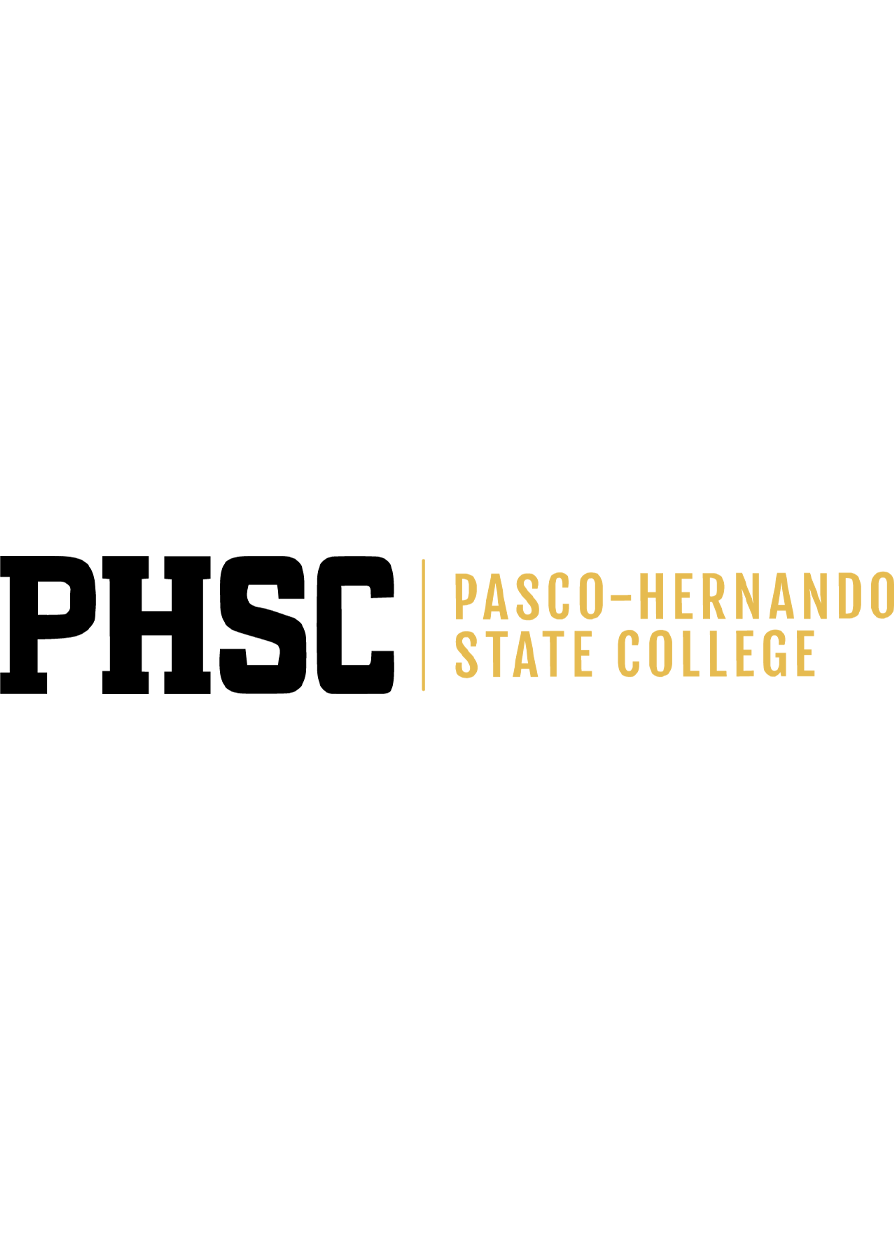
Pasco-Hernando State College
Intelligent Score: 93.19In-state: $15,060
Out-of-state: $23,344
In-state: NA
Out-of-state: NA
SAT: NA
ACT: NA
In-State: $126
Out-of-State: $477
Online
Commission on Collegiate Nursing Education,
120
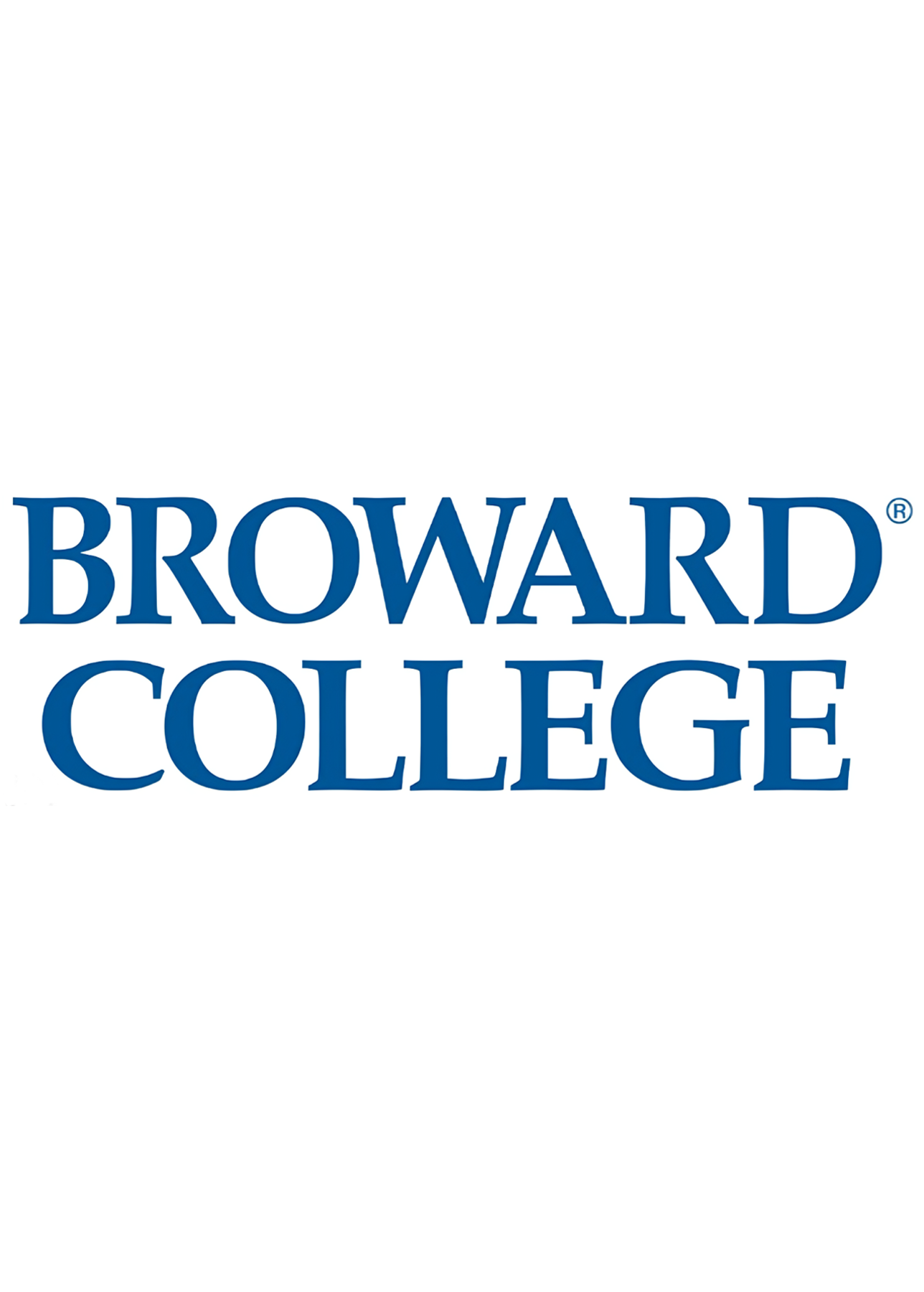
Broward College
Intelligent Score: 93.13In-state: NA
Out-of-state: NA
In-state: NA
Out-of-state: NA
SAT: N/A
ACT: N/A
$91
Online, On Campus
Commission on Collegiate Nursing Education,
123
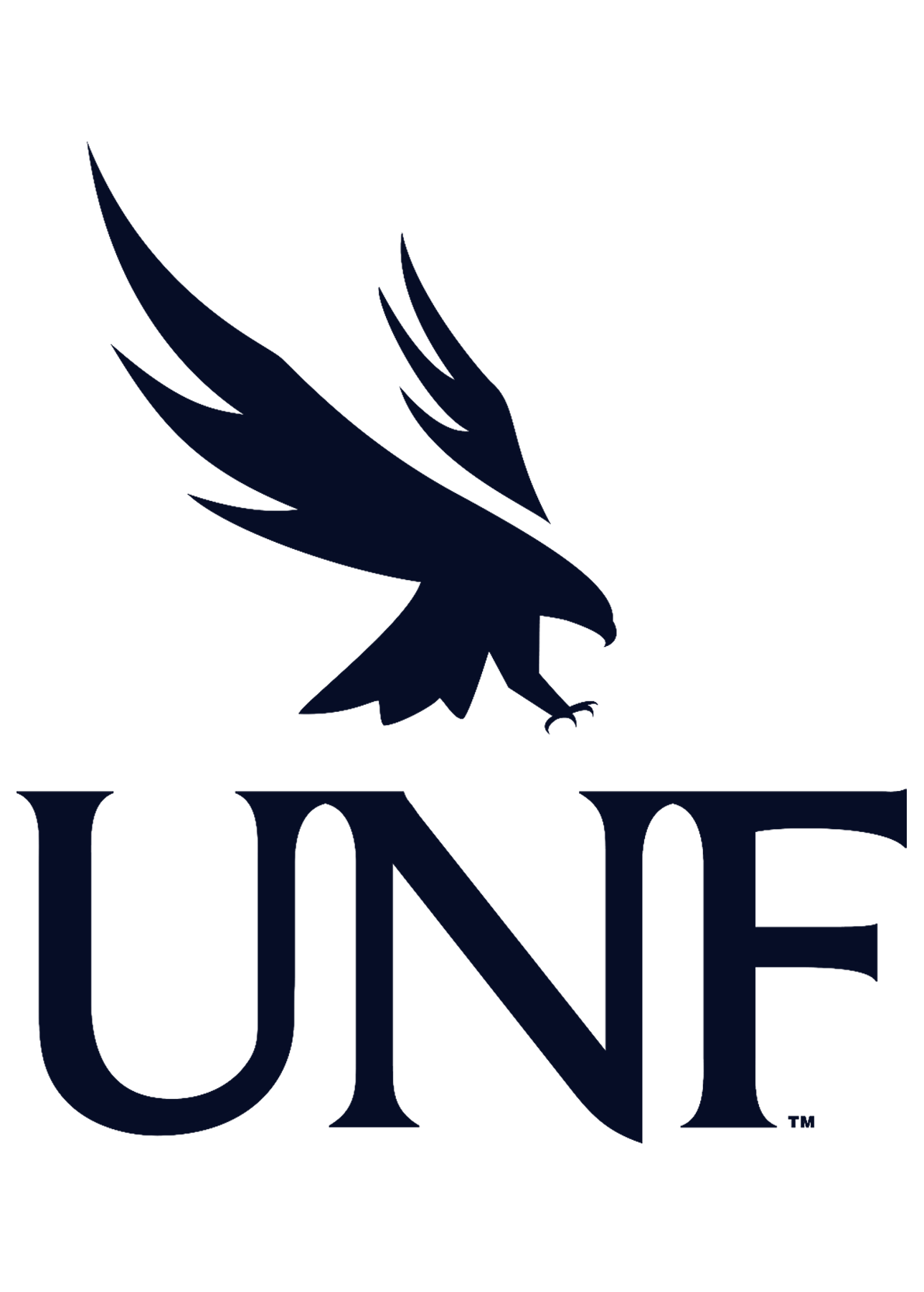
University of North Florida
Intelligent Score: 92.95In-state: $3,996
Out-of-state: $16,799
In-state: $8,570
Out-of-state: $8,570
SAT: 1040-1230
ACT: 20-27
Resdient: $142
Non-Resident: $599
Online
Commission on Collegiate Nursing Education,
120

Pfeiffer University
Intelligent Score: 92.85In-state: $30,550
Out-of-state: $30,550
In-state: $12,600
Out-of-state: $12,600
SAT: 940-1100
ACT: 16-20
$165
Online
Commission on Collegiate Nursing Education,
120

The University of North Carolina at Charlotte
Intelligent Score: 92.65In-state: $7,019
Out-of-state: $34,198
In-state: $10,552
Out-of-state: $10,552
SAT: 1280-1490
ACT: 28-33
Resdient: $158
Non-Resident: $769
Online
Commission on Collegiate Nursing Education,
120
Cost Breakdown for an Online RN-to-BSN Degree
Part of finding the most affordable online RN-to-BSN degree means understanding the various costs associated with this degree.
Tuition
Tuition is usually the first cost students look at when determining whether a program is affordable, as this is the main cost for any degree. For full-time students, most schools charge a flat per-term tuition fee based on a full-time credit load. Meanwhile, part-time students are more likely to pay by the credit hour. Paying this way may mean that students spend less in the short-term but, throughout the program, end up paying the same amount as full-time students, or potentially more. The average cost per credit hour at four-year institutions is $694, according to the Education Data Initiative, though the most affordable colleges charge much less.
Fees
It’s also common for schools to charge fees to cover specific resources or programs. For example, in an RN-to-BSN program, students may have to pay for background checks, licensing exams, and labs. Schools may assess these fees each term, once a year, or once at the program’s start. Students should confirm what fees they’re expected to pay and when with the school’s financial aid office.
Personal technology
Reliable technology is essential for online students, who may not have access to on-campus computer labs or wifi if they encounter technical problems with their home computer. Students should have a device and internet capable of live streaming and high-speed downloads to ensure they can participate in classes and access lessons as necessary. If students are participating in live online classes, they’ll need a microphone and webcam as well. Students needing to upgrade their equipment should ask their school if they offer discounts on computers, software, or other technical equipment.
Books and supplies
Even in an online program, students may be required to purchase books, either in hard copy or digital format. According to the Education Data Initiative, the average postsecondary student spent between $628 and $1,200 for books and supplies during the 2021-2022 academic year. Nursing students may also need specific supplies like scrubs, footwear, stethoscopes, and more. While these expenses may be minimal compared to tuition, budgeting for them can help students avoid unexpected costs during the academic year.
Clinical rotation costs
Clinical rotations in healthcare settings are an essential part of an RN-to-BSN program. Even if students complete their coursework online, they’ll still be expected to participate in in-person clinical rotations. This can mean incurring costs for transportation, like gas, parking, tolls, car wear-and-tear, or public transit fees. Depending on a student’s employment and life circumstances, they may also have to take time off or hire childcare. These costs can be more complex to calculate, but students should consider what would fit comfortably into their budget.
Factors Influencing the Cost of an Online RN-to-BSN Degree
Several factors influence how much tuition is at a particular school and how much students ultimately pay.
Public vs. private institution
In the U.S., post-secondary institutions are either considered public or private. Public colleges receive money from federal and state governments to help fund their operations and subsidize tuition costs, particularly for students who live in the state where the school is located. That’s why tuition is lowest for in-state students at public colleges. These schools may charge out-of-state students a higher tuition rate. Private colleges, which don’t receive any government funding, rely on tuition revenue, endowments, and investments to fund their operations. They tend to charge the highest tuition rates of all types of institutions, although they charge all students the same tuition, regardless of residency.
Non-profit vs. for-profit
Another classification for U.S. colleges is non-profit versus for-profit. Non-profit schools must reinvest their revenue into the institution through faculty and staff salaries, infrastructure, student services, and more. For-profit schools operate more like corporations, with the primary goal of earning a profit. Although tuition rates may be lower at for-profit schools, students should consider the quality of education they’re getting for their money. Because for-profit schools invest less in faculty, infrastructure, and other student resources, students may receive a different quality of education than they would at a non-profit school. If you’re considering a for-profit institution, find out how they invest tuition money so you can feel confident you’re getting a good value.
Student military status
It’s common practice for schools to offer discounted tuition rates to veterans, active-duty service members, and their spouses or children. Students who think they may be eligible for discounted tuition based on past or current military service should check with their school’s financial aid or military services office.
Number of credits and completion time
The number of credits students need to complete an RN-to-BSN varies based on their education and work experience. Most RN-to-BSN programs require between 30-60 credits. Students who need to complete fewer credits will likely pay less overall.
How to Pay for an Online RN-to-BSN Degree
There are several ways to pay for an online RN-to-BSN degree. Most students use a combination of payment methods to cover all their program costs.
Out-of-pocket
Students who pay tuition and fees directly to the school using their own money (or money from parents or guardians) are paying out of pocket. It’s common for students to combine out-of-pocket payments with financial aid like loans and scholarships. If you’re paying some or all of your tuition out-of-pocket, ask your school’s financial aid office if payment plans are available. Payment plans allow students to break up tuition payments into installments instead of paying one lump sum at the start of the term.
Federal student loans
The U.S. Department of Education’s federal student loan program offers Direct Subsidized Loans to undergraduate students. Subsidized means that students don’t have to pay interest on their loans until they leave their program. Federal student loans ‘ interest rates and repayment terms are fixed and generally more favorable than private education loans. To determine eligibility for federal student loans, students and their families (if students are dependents) must complete the Free Application for Federal Student Aid (FAFSA). More information about the FAFSA and student loans is included in the next section.
Private education loans
Because there are limits to how much students can borrow in federal student loans, some may need to acquire additional loans from private lenders like Sallie Mae, SoFi, and Ascent. Unlike federal student loans, which have interest rates and repayment terms set by Congress, private student loan interest rates and terms are set based on factors like current market rates and individual credit scores. Students who need to take out private education loans should keep an eye on interest rates throughout the year to lock in the most favorable terms possible.
Scholarships
Students receive scholarships based on financial need, academic achievement, or specific qualities or aptitudes. Students don’t have to repay scholarships, which are considered “gift aid.” Scholarships can come from schools, employers, individuals, private companies, nonprofits, community and religious groups, and professional organizations. Students must submit a completed FAFSA and other application materials to be considered for most scholarships, especially those based on financial need. Although researching and applying for scholarships can be time-consuming, this financial aid is particularly beneficial because it doesn’t require repayment. A few scholarships, even in small amounts, can help decrease the amount students must pay out of pocket or with loans.
Grants
Grants are also considered gift aid. This type of financial aid is typically awarded based on financial need. Grants can come from the federal government, state government, or individual institutions. Students should inquire if any grants are available specifically for individuals pursuing a nursing degree.
Work-study
Students may also receive Federal Work Study funding as part of their federal financial aid package. The Work Study program allows students to earn money to pay for school and other educational expenses by working part-time at their college. Students earn at least the federal minimum wage, although some positions pay more based on responsibilities and experience level. Interested online students should contact their school to determine if they have remote work-study opportunities.
Employer tuition assistance
Students who are working while earning their degree should check if their employer offers any kind of tuition assistance benefits. Specifics will vary based on employer, but in most cases, companies reimburse employees for some or all of their tuition and school-related expenses after they successfully complete courses.
Scholarship Database
Intelligent Scholarship Finder Tool
"A Helping Hand" Scholarship
Award Amount: $500
Due Date: January 31, 2025
"Follow Your Own Path" Essay Scholarship
Award Amount: $500
Due Date: January 31, 2025
"Tuition Solution" Scholarship for STEM Students
Award Amount: $500
Due Date: January 31, 2025
$25k "Be Bold" No-Essay Scholarship
Award Amount: $25,000
Due Date: Closed for 2024
(ISC) Graduate Cybersecurity Scholarship
Award Amount: $5,000
Due Date: Closed for 2024
(ISC) Women in Information Security Scholarship
Award Amount: $5,000
Due Date: Closed for 2024
A.C. "Kate" & Leo Joseph Merlone St. Dominic Catholic Church of Saginaw Member Scholarship
Award Amount: Varies
Due Date: Closed for 2024
A.C. "Kate" & Leo Joseph Merlone Teaching Scholarship
Award Amount: Varies
Due Date: Closed for 2024
a/e ProNet David W. Lakamp Scholarship
Award Amount: $5,000
Due Date: Closed for 2024
AAAE Native American Scholarship
Award Amount: $1,500
Due Date: March 15, 2025
Applying for Financial Aid
Students and their families must complete the Free Application for Federal Student Aid (FAFSA) to apply for financial aid through the Federal Student Aid program. For an in-depth overview of how to fill out this application, check out the Ultimate FAFSA Guide.
Student loan forgiveness and repayment
When borrowing money to pay for college, students should always expect to repay their loans in full and clearly understand interest rates and repayment options before committing to any loans.
The pause on federal student loan repayments enacted at the start of the COVID-19 pandemic expired in fall 2023, and payments resumed on October 1, 2023. Meanwhile, the U.S. Supreme Court struck down the Biden administration’s student loan debt relief plan in June 2023.
Dana Marvin, an independent college counselor, has some guidance for students and families to help them navigate the financial aid process and borrow money wisely.
“Borrow only what you need and nothing more,” she says. “If you’re eligible for a $12,500 loan but only need $8,000, there’s no need to take out a loan for those extra funds — every dollar you borrow in a loan must be repaid with interest.”
Marvin continues, “You can begin paying off your loans once the funds have been disbursed. Even paying off a few hundred or thousand dollars before finishing school can make a huge difference to those loan amounts post-graduation.”
Lastly, Marvin encourages students and families to be realistic about what they can afford in terms of out-of-pocket costs and loan amounts.
“If attending a certain pricy college is going to put a family into major debt and require potentially dangerous financial decisions, such as taking out a second mortgage on a home or withdrawing from a retirement account early, it may mean a hard conversation of choosing a different school,” she says.
What Can I Do with an RN-to-BSN Degree?
An RN-to-BSN degree prepares students for higher-level nursing roles that require advanced clinical and professional skills. This degree can also help students develop specialized knowledge in neonatology, pediatrics, gerontology, oncology, cardiology, or psychiatric care.
It is also an ideal degree for students who want to transition into leadership or administrative roles in areas like health informatics, nurse education, public health, and nurse management.
After completing their BSN, students can earn a master’s or even a doctorate in nursing or related fields. Popular advanced areas of study for nurses include nurse practitioner, nursing administration, physician assistant, or health services.
Career outlook
RNs are expected to be in high demand throughout the next decade. The Bureau of Labor Statistics (BLS) predicts that employment of RNs will grow 6% through 2032, with an average of 193,100 new job openings annually. This job growth is driven by a rapidly aging U.S. population and high turnover in the healthcare industry following the COVID-19 pandemic.
Salaries for RNs vary based on the type of facility, location, and department or specialty, but the median annual wage for RNs in 2022 was $81,220.
How to Choose the Affordable Online RN-to-BSN that’s Right for You
Step 1: Clarify what you want
To make researching and selecting an online RN-to-BSN degree easier, it’s a good idea to establish what precisely you’re seeking.
Even if price is a primary consideration, there are other criteria students should set before they start evaluating online RN-to-BSN programs. These parameters can include:
- Synchronous or asynchronous classes
- Full-time or part-time enrollment
- Traditional or accelerated pace
- Specialization options
- Eligibility requirements
- Financial aid availability, including scholarships
Step 2: Research schools and programs
Once your basic criteria are established, you can review specific schools and programs to see if they meet your needs.
Confirm that any schools you’re considering have institutional and programmatic accreditation. You can verify institutional accreditation through the Council on Higher Education Accreditation (CHEA) database. Institutional accreditation is important because it can affect eligibility for federal financial aid, nursing licensure, and future employment and educational opportunities. At the programmatic level, determine if the program is accredited by the Accreditation Commission for Education in Nursing (ACEN) to ensure that it meets industry standards for nursing education.
Visiting a school’s website is an excellent place to start gathering information. Attending virtual information sessions or open houses can help students learn more about the curriculum and faculty. You can also follow schools and programs on social media or contact the admissions office to ask questions.
Other important information students should gather during the research phase includes:
- Method of course delivery (synchronous or asynchronous)
- Faculty bios and qualifications
- Curriculum, including core coursework, electives, and concentration options
- Clinical rotation requirements
- Available support services for online students, including tutoring, counseling, tech support, library resources, and networking opportunities
- Program costs, including fees
Step 3: Prepare for applications and tests
Review the program’s admissions requirements and procedures online or by speaking to an admissions counselor. As schools may have different requirements and deadlines, it can be helpful to use a spreadsheet or checklist to keep track of this information.
A standard application for an RN-to-BSN degree program includes:
- Completed application and fees
- Official transcripts from previous schools attended
- Letters of recommendation
- Personal statement or essay
- Resume or CV
- Active RN license
- SAT or ACT scores.
Students should find out if there are any specific eligibility requirements, such as minimum experience level or course prerequisites. Applicants to nursing programs must also typically submit a criminal background check.
Step 4: Select your program
After completing your research, compare your options. Eliminate programs that don’t meet your needs and apply to the ones that do. The number of programs you apply to is an individual choice. Nursing programs can be competitive, so some students may submit applications to multiple schools. Other students may select one or two schools based on location, cost, curriculum, or faculty. Students who are applying to several programs should budget for application fees.
After receiving your acceptance offers, compare your options based on your priorities and choose the one that meets all or most of your needs.
Step 5: Determine how you’ll pay for your degree
Confirm the program’s total cost, including tuition and fees, with a financial aid representative and research your financial aid options to determine how you’ll pay for your degree.
If you want schools to consider you for need-based aid like loans, grants, and scholarships, complete the Free Application for Federal Student Aid (FAFSA). You can also explore merit-based assistance from your institution and external organizations, such as scholarships, grants, and fellowships.
If applicable, students can save on tuition costs by using employer tuition assistance benefits or military benefits.
